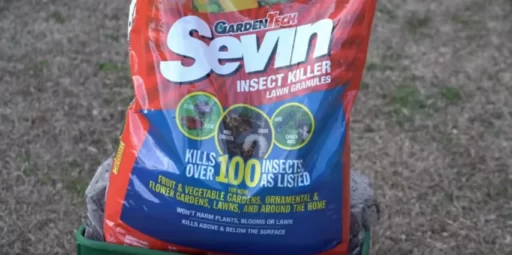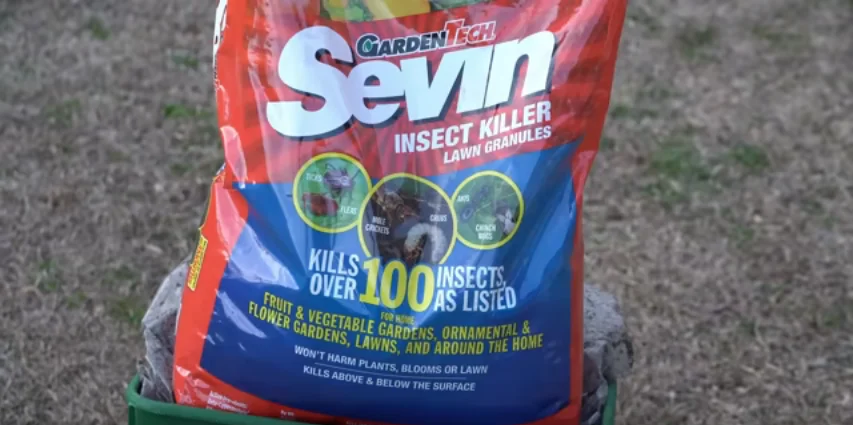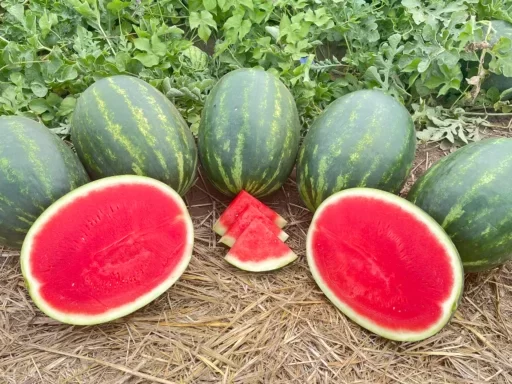As spring approaches and temperatures start to rise, many homeowners face the familiar challenge of dealing with unwanted ants in their yards and gardens. If you live in a warm climate, particularly in places like the Southeastern coast of North Carolina, you are likely familiar with the struggles of keeping ants at bay, especially biting ants and fire ants.
These pests can be more than just a nuisance; they can ruin your gardening experience and even affect your time spent outdoors. Fortunately, with a few strategic steps, you can rid your yard of ants and keep it that way. Below, we’ll discuss a three-step process to effectively and permanently get rid of ants from your yard.
Why Ants Love Your Yard
Before we dive into the three-step process, it’s essential to understand why ants are attracted to your yard in the first place. If you’ve ever found ants invading your outdoor spaces, it’s likely due to the soil composition. Ants prefer firm, well-draining soil, such as sandy soil, which holds its shape well and allows ants to build intricate tunnels for their colonies.
In areas like North Carolina, where the soil is predominantly sandy, ants thrive and quickly establish colonies. If your yard is infested with ants, the soil is likely offering the perfect environment for them to live and reproduce.
Destroying individual ant colonies isn’t enough. If you want to get rid of ants permanently, you need to address the root cause — the soil itself. Let’s explore the three steps that can help transform your yard into an ant-free zone.
Step 1: Defending Against Ants
The first step is all about defense. You need to create a barrier that will prevent ants from entering your yard in the first place. This is best achieved by spreading insect-killing lawn granules around your yard. These granules contain synthetic pyrethroids, which are designed to kill insects on contact. When ants (and other pests) come into contact with these granules, they are quickly killed, stopping them from establishing colonies on your property.
How to Apply Lawn Granules:
- When to Apply: The ideal time to apply these granules is in late winter or early spring, just before ants and other insects begin to emerge.
- Frequency: The granules typically last for about three months. In most cases, you’ll need to reapply in the summer and possibly once again in the fall if you live in warmer regions with long growing seasons.
- Where to Apply: Spread the granules over your lawn, but avoid placing them directly in your garden. Although the packaging may claim that these products are safe for use in gardens, they can harm beneficial insects and affect soil health.
By creating a chemical barrier around your yard, you’ll deter ants from coming in. Keep in mind, however, that this is only the first line of defense. While it will keep most ants away, some might still make it through.
Step 2: Offensive Strategy to Eliminate Ants
Even with a defensive strategy in place, it’s almost impossible to prevent every ant from entering your yard. This is where the offensive strategy comes into play. For this, you’ll need an ant bait product.
How Ant Bait Works: Ant bait is a special type of poison that ants mistake for food. When they consume the bait, they carry it back to their colony and share it with the other ants, including the queen. Within 24 hours, the entire colony is killed.
How to Use Ant Bait:
- Place about a teaspoon of the ant bait near the entrance of the ant hill.
- The best time to apply ant bait is early in the morning when ants are most active.
- Continue to monitor your yard regularly for any new ant hills. If you find any, apply the bait immediately.
While there are natural alternatives to store-bought ant bait, such as mixing borax with sugar, commercial ant bait products are more effective and convenient. A single bottle of ant bait can last several seasons and is relatively inexpensive.
Step 3: Long-Term Ant Prevention
The final and most crucial step is to make your yard unattractive to ants by changing its soil composition. As mentioned earlier, ants are drawn to firm, sandy soil. If you want to prevent ants from ever coming back, you need to transform your soil into something they won’t want to live in.
How to Transform Your Soil:
- Add Organic Matter: Ants can’t build colonies in soil rich in organic matter because it doesn’t hold its shape well enough for them to construct their tunnels. By adding compost and mulch to your yard, you can turn your sandy soil into an organic-rich loam that ants won’t find appealing.
- Mulching and Composting: A thick layer of compost or mulch (about 4 inches) will ensure that ants won’t be able to build colonies in your garden beds.
- Weed Barriers: In areas like walkways and garden rows, where ants might still try to build nests, laying down weed barriers can prevent them from digging into the soil.
Over time, these changes will make your yard an inhospitable place for ants. By incorporating more organic matter and eliminating sandy areas, you can create a permanent solution to your ant problem.
Frequently Asked Questions (FAQs)
- Why do ants keep coming back to my yard? Ants are attracted to firm, well-draining soil, especially sandy soil, which allows them to build stable colonies. To prevent them from returning, you need to change the composition of your soil.
- Are the insect-killing granules safe for my garden? No, it’s not recommended to use synthetic pyrethroid granules in vegetable gardens. While they may be low in toxicity for humans, they can harm beneficial insects and soil health.
- How often should I apply ant bait? Ant bait should be applied whenever you notice a new ant hill. It’s best to check your yard weekly to catch any new colonies early.
- Is there a natural alternative to synthetic ant bait? Yes, you can make your own ant bait using borax and sugar, but commercial products tend to be more effective and easier to use.
- Can organic matter in my soil really prevent ants? Yes, ants prefer sandy soil because it holds its shape. Organic-rich soil, on the other hand, falls apart and makes it difficult for ants to build colonies.
- Will insect-killing granules harm beneficial insects? Insect-killing granules can affect surface-level insects, but deeper-dwelling insects like earthworms are usually unaffected. However, it’s always good to weigh the pros and cons.
- Can I make my entire yard ant-proof? Yes, by following the three-step process — defense, offense, and soil transformation — you can create an environment where ants are unlikely to establish colonies.






